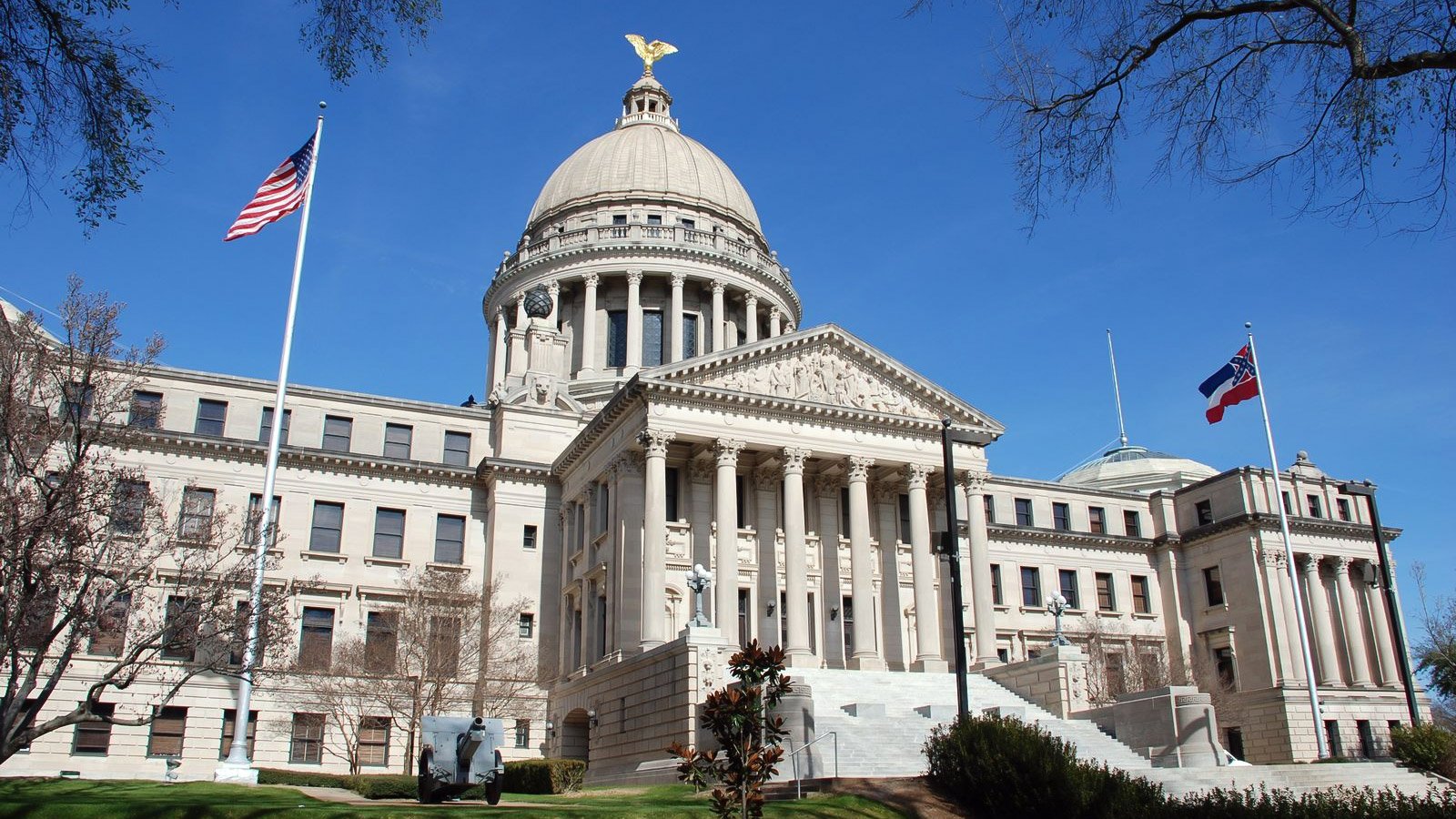Thailand: Govt coalition party voices concerns over proposed casino legalization

Thailand's proposed legalization of casino resorts has sparked debate within the current government coalition, as the Bhumjaithai Party voiced concerns about the plan's social and economic impact. This stance aligns with the opposition Democrat Party, which has also expressed doubts about the benefits of such legislation, according to Bangkok Post.
The Ministry of Finance recently completed a draft of the Entertainment Complex Bill, designed to legalize and regulate casino resorts in Thailand. The draft is currently under public consultation until August 18. Despite the progress, members of the Bhumjaithai Party have expressed reservations about the effectiveness of legalizing casinos to address illegal gambling, which was a key argument for the bill.
The Bhumjaithai Party has raised questions about whether Thailand, already a popular tourist destination, truly needs casinos to attract visitors. They also expressed concerns about the potential for the casino industry to provide substantial employment opportunities for Thai citizens.
Similarly, the Democrat Party has voiced skepticism regarding the economic viability of casino resorts in Thailand. Party members have questioned whether these resorts could generate the same level of economic growth as those in other Asian markets, such as Macau, Vietnam, or Singapore. Instead, the Democrat Party suggested that the government should consider alternative revenue sources, such as legalizing and taxing lotteries.
Thailand’s Council of State released the draft casino bill earlier this month. The project outlines the establishment of a "Policy Committee," which would include the Prime Minister, a Deputy Prime Minister, and five other ministers. This committee would be responsible for overseeing the country's casino policy, including determining the number of licenses, selecting locations for the casino complexes, and recommending tax rates for the industry.
The committee would also have the authority to decide on the ratio of Thai to foreign employees in these casinos. One provision in the proposed legislation is that Thai nationals would need to pay an entrance fee of THB 5,000 (approximately USD 143) to access the casinos, although it is unclear whether this fee would apply per visit.
The Thai cabinet had previously suggested that casino gaming areas within legalized integrated resorts should not exceed 5% of the total project area, with the remaining space allocated for hotel and entertainment facilities. These projects would involve joint investments between the government and private operators, potentially following a concession model similar to that used in Macau.
While specific locations for these integrated resorts have yet to be determined, potential sites include Bangkok, Pattaya, Phuket, Rayong, and Chiang Mai. A report from Maybank indicated that Thailand could open its first integrated resorts by 2029, potentially positioning the country ahead of Japan in entering the legal casino gaming market.
Brokerage firm CLSA has projected that a legalized casino market in Thailand could generate annual gross gaming revenues of USD 15.1 billion in the long term, potentially making it one of the largest markets globally.

















































